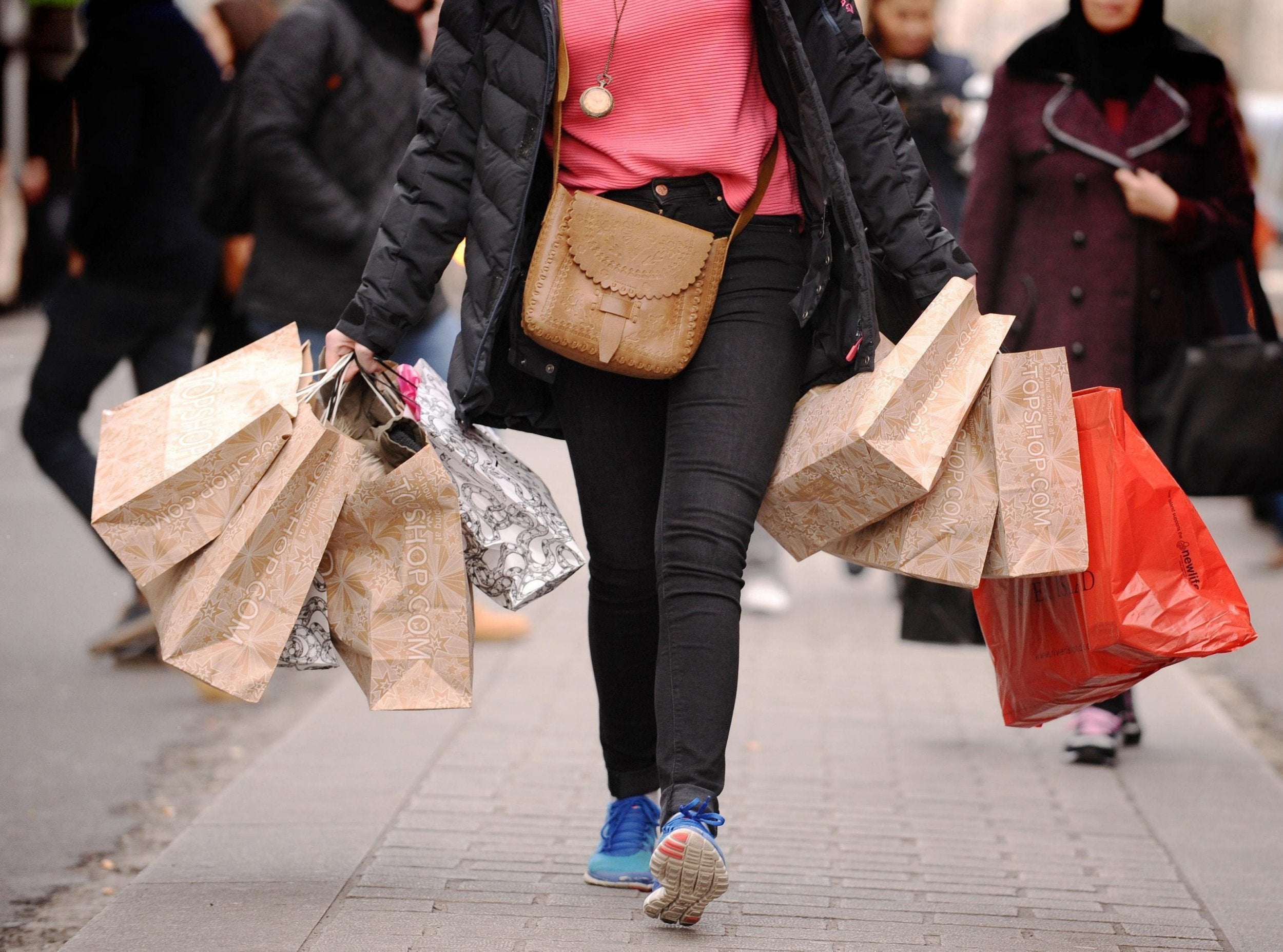With a net 1,123 stores vanishing in the first half of the year, does the high street have a future?
The British Retail Consortium called for action on business rates in response to the PwC report on the high street that contained the numbers. But even eliminating the levy wouldn’t stop shoppers’ moving online

Your support helps us to tell the story
From reproductive rights to climate change to Big Tech, The Independent is on the ground when the story is developing. Whether it's investigating the financials of Elon Musk's pro-Trump PAC or producing our latest documentary, 'The A Word', which shines a light on the American women fighting for reproductive rights, we know how important it is to parse out the facts from the messaging.
At such a critical moment in US history, we need reporters on the ground. Your donation allows us to keep sending journalists to speak to both sides of the story.
The Independent is trusted by Americans across the entire political spectrum. And unlike many other quality news outlets, we choose not to lock Americans out of our reporting and analysis with paywalls. We believe quality journalism should be available to everyone, paid for by those who can afford it.
Your support makes all the difference.“Help,” cried the retail industry.
No wonder. Ten years ago this month Woolworths went pop. Dark clouds seem to have been bubbling and spitting over the high street ever since. That was underlined by a report by PricewaterhouseCoopers, the professional services firm, showing that a net 1,123 stores vanished from Britain’s top 500 high streets in the first six months of this year.
The numbers probably won’t surprise anyone given the high-pocalypse we’ve witnessed among some of retail’s biggest names this year, including the likes of Toys ‘R’Us, Maplin, Poundworld and House of Fraser.
However, closures have actually been outstripping new openings since 2010, and the gap is widening.
Of course, the British Retail Consortium steamed in with a call for the government to take urgent action on business rates, beyond the tinkering contained in the chancellor’s recent budget.
The levy is linked to property values and so hits bricks and mortar operators a lot harder than online outfits, which run their operations from out of town in places where you can buy land for a handful of coppers and a Mars bar.
It has become the industry’s bête noire, and the trade body wouldn’t be doing its job if it didn’t make a fuss about it. But even if you completely eliminated it, the trend would likely continue, albeit perhaps at a slower rate.
Britain has embraced internet shopping like almost no other nation, and that isn’t changing.
It’s so much more convenient to have the retailer come to you when the alternative is slogging around the high street trailing children who’d rather be somewhere else and hoping you get finished before the traffic wardens notice your car is illegally parked. Doubly so if you’re time poor. Most Britons are. We work some of the longest hours in Europe.
PwC’s head of retail, Lisa Hooker, pointed out to me that 20 per cent of non food items are now bought online. The number is set to increase to 30 per cent by 2021. That says it all.
So does this mean the high street is in terminal decline? Are the debates over its future worthless?
Not necessarily. Hooker made note of the fact that all the reliable surveys show that there is still a demand for bricks and mortar shops.
Consumers just use them less than they used to, and they want them to operate differently, alongside and as a complement to their online excursions.
That means the future will have to be made up of smaller premises that operate as mini showrooms, alongside “experience” retailers such as vape shops and ice cream parlours, which have been doing well. As have (hooray!) book and record shops, which have been making a come back.
Encouraging short term “pop up” stores to open temporarily alongside them them could help draw people in.
But yes, there is still room in Britain for its high streets. It’s just it needs fewer of them with less retail space.
A number, and parts of the bigger ones, will thus need to be repurposed, with flats and workplaces taking the place of retail space that’s no longer needed.
That might be hard to accept for some. But remember how people moaned and wailed and got all nostalgic about pick ’n’ mix sweets when Woolies went down? Most of those that did only very rarely darkened its doors when it was trading. That’s why we’re here.
Join our commenting forum
Join thought-provoking conversations, follow other Independent readers and see their replies
Comments